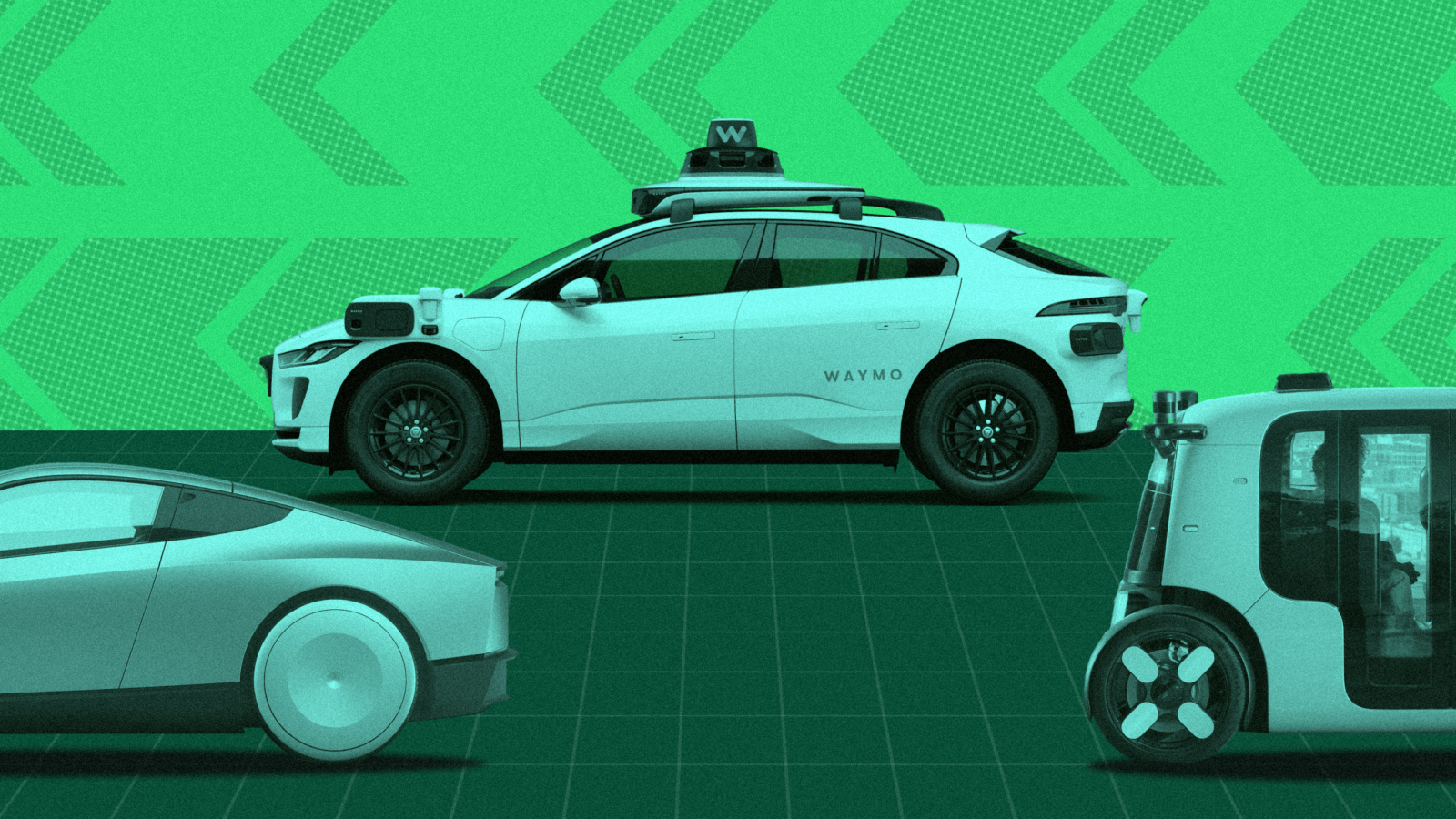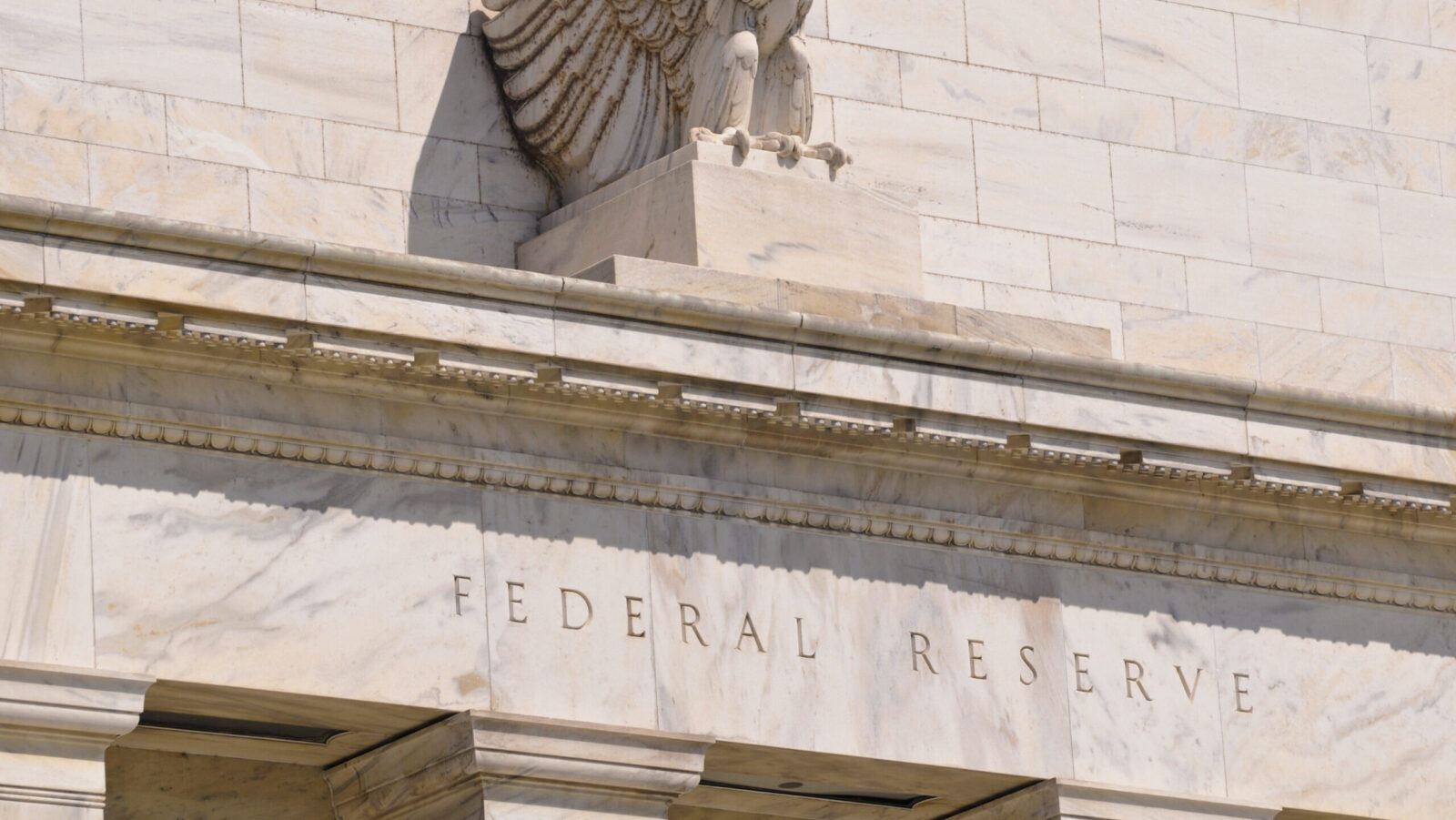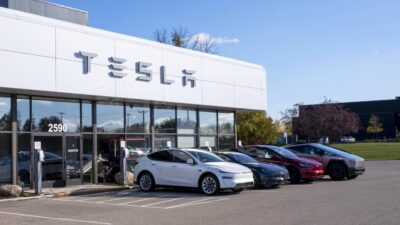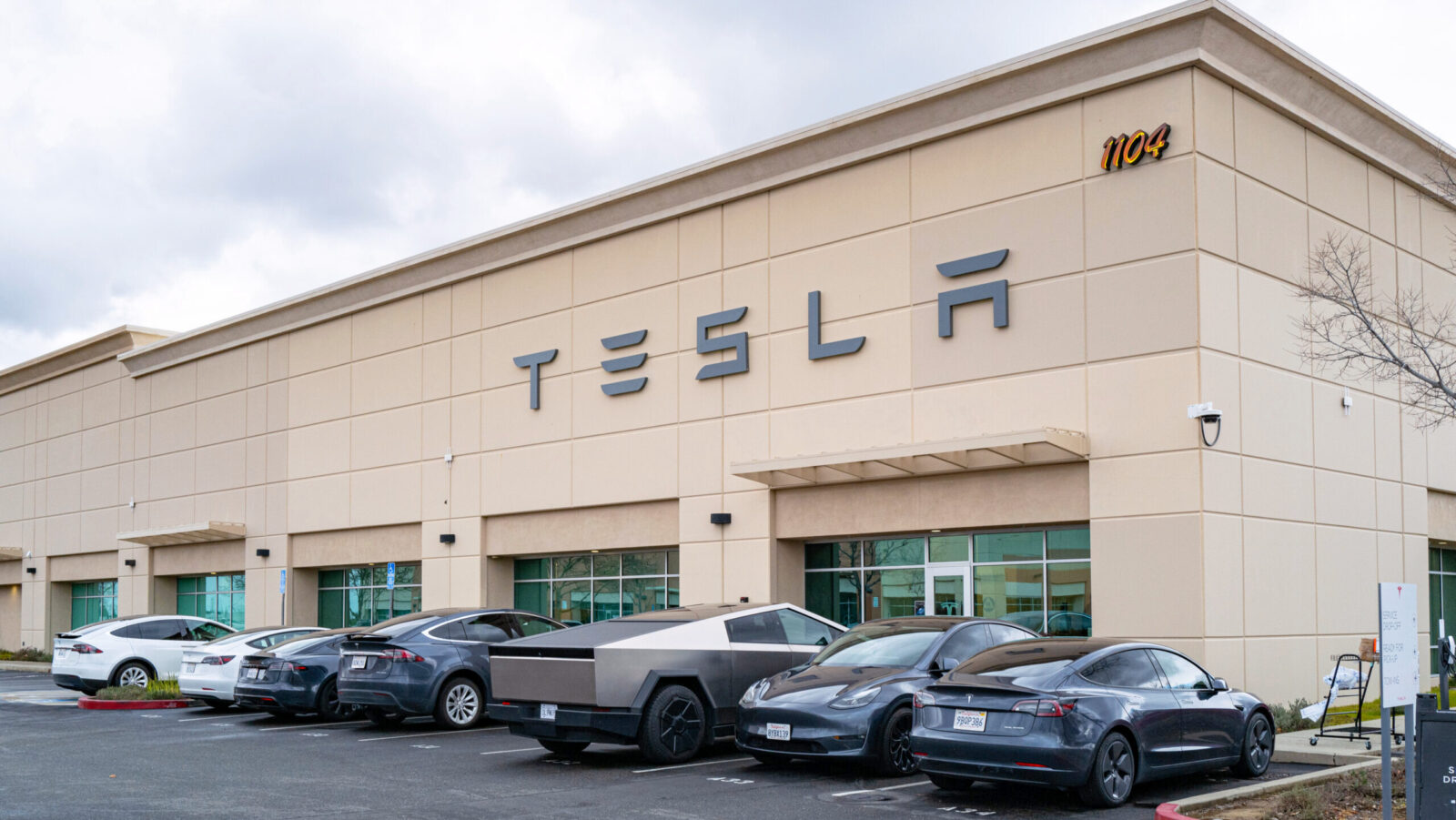EV Dealerships Urge Slow-Walking Tax Credit Cutoff Amid ‘Big, Beautiful Bill’ Debate
Experts have already warned that rollbacks to electric vehicle tax incentives will slow sales growth big time.
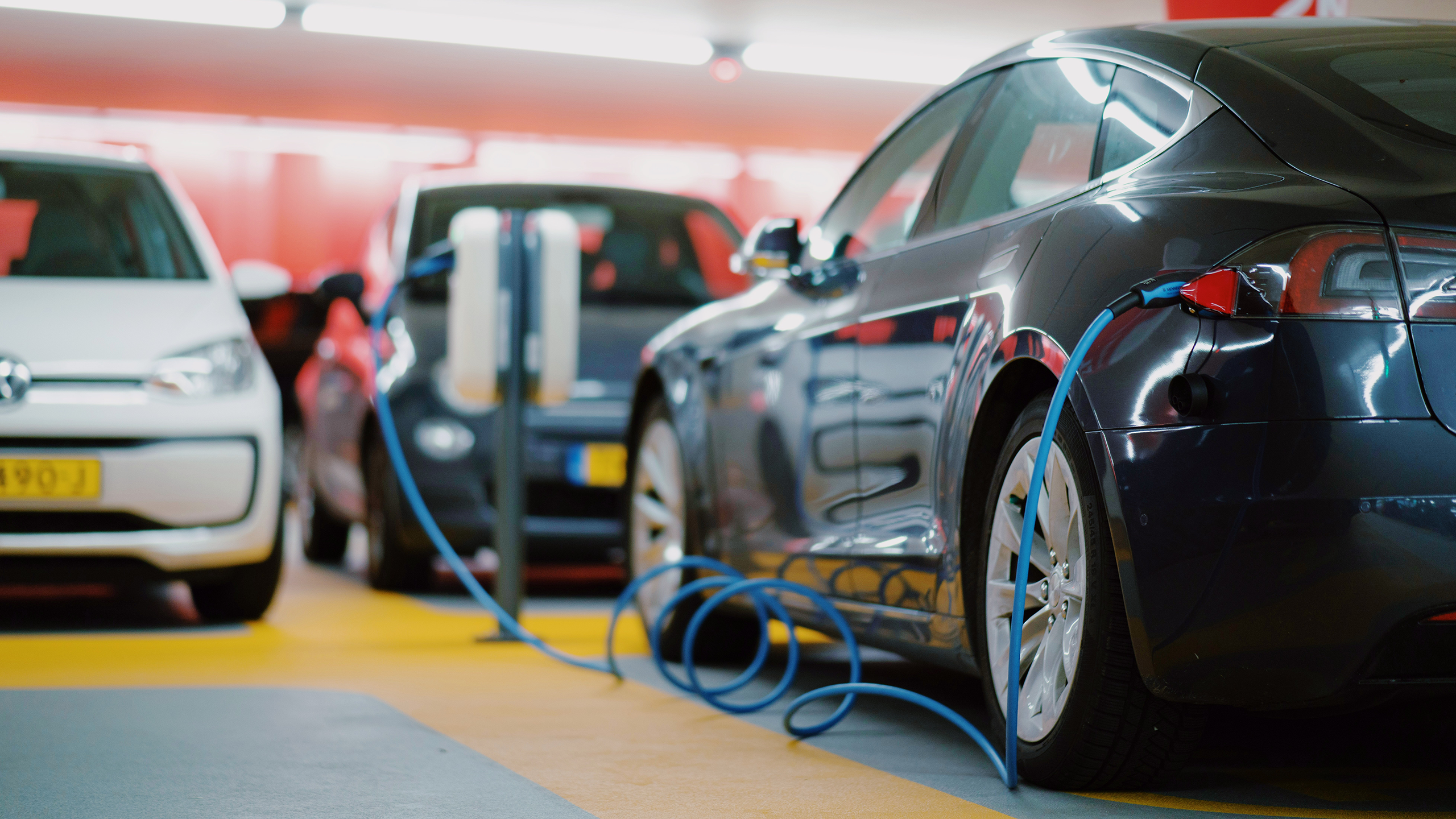
Sign up for smart news, insights, and analysis on the biggest financial stories of the day.
Monday saw a “vote-a-rama” on Capital Hill that has since stretched into Tuesday morning, as lawmakers debated a flurry of amendments to President Donald Trump’s big, beautiful budget reconciliation bill, which could hit his desk in the coming days.
If passed, the legislation may soon impact everything from personal and corporate taxes to the federal debt, Medicaid and artificial intelligence regulations. But one affected group in particular, electric car retailers, wants to drive into a sunset with its hand on the emergency brake.
Sudden Acceleration
If you’re currently toying with the idea of upgrading what’s in the garage, there remains a $7,500 tax credit on new electric vehicle sales and leases and a $4,000 credit for used ones. They’re especially popular among EV buyers: Last November, JD Power found that 87% of them used the tax credit, and roughly half of EV buyers and lessees said they picked their car based on credits and incentives. Their voltage, however, is set to dim like headlights hooked up to a low battery.
The House of Representatives’ version of the “big, beautiful” bill would have allowed the credits to remain in place until the end of 2025 and all the way to the end of next year for automakers that have sold fewer than 200,000 EVs. Then Senate Republicans opted to accelerate toward sunset: The latest revised bill in the upper chamber would end the tax credits on September 30 — it would also axe fines for automakers that fail to meet fuel-efficiency standards, essentially making the rules voluntary and emboldening manufacturers to produce more gas-powered cars. EV dealers, meanwhile, warned lawmakers that the sudden policy shift would jeopardize jobs and sales:
- Used vehicle retailers Carmax and Carvana were among the signers of a letter to Congress asking for a “gradual sunset” of EV tax credits rather than legislation that would “abruptly eliminate” them. “A slow phase-out would ensure market stability,” reads the letter, which was shared on LinkedIn by Alex Lawrence, the CEO of Utah EV and hybrid dealership EV Auto and an associate professor at Weber State University. “Sudden elimination will disrupt the used car market, a backbone of the American economy.”
- The letter, citing International Council on Clean Transportation data, cautioned that a “sudden” axing of the tax credits might jeopardize an estimated 130,000 auto manufacturing-related jobs and 310,000 indirectly related jobs by 2030.
Can’t Catch a Brake: The used EV market in the US, for the time being, is booming. Cox Automotive said last week that it estimates used EV sales will jump 45% year-over-year in the second quarter to more than 100,000. But experts have already warned that rollbacks to EV incentives will slow sales growth big time. Before the US election, the International Energy Agency predicted US battery-electric and plug-in hybrid sales would make up nearly half of all new car sales by 2030 but now expects that figure to be just 20%. Cox also expects that all car sales will slow in the coming months as manufacturers are hit with tariff costs. The firm predicts the price tag for new cars may rise by 4% to 8% and last week, it slashed its projection for new car sales this year to 13 million from 13.3 million. On the other hand, Cox analysts kept their used car sales forecast of 20.1 million – ranks that any EV-coveting potential buyers would be wise to join before pumpkin spice latte season.
